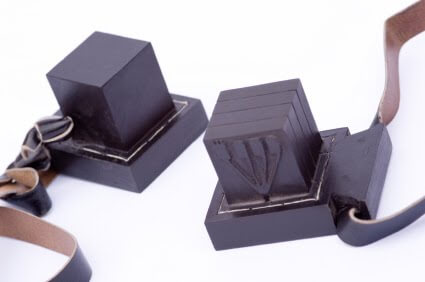The Blessings of the Amidah: Understanding
The nineteen blessings of the Amidah make up the core of the Jewish prayer service. The fourth blessing recognizes God as the source of our own ability to understand the world. Ah’tah…
The Morning Blessings-Blessing #1: Night and Day
Every morning, a set of 15 blessings are recited to express our thanks to God for all the things that we, as healthy and capable human beings, are capable of doing. The blessings start…
Sabbath Prayers: Mizmor Shir L’Yom Ha’Shabbat / A Song for the Sabbath Day
While much of the Kabbalat Shabbat service (service to greet the Sabbath) was implemented by the Kabbalists in Tzefat in the 16th century, Psalm 92 has been recited on Friday nights since…
The Morning Blessings: Eh’lo’hai N’shama/The Soul That You Created
Expressing gratitude to God for our lives and our souls is an essential part of the morning prayers. Eh’lo’hai n’shama sheh’na’ta’ta bee t’hora hee. Ah’tah v’ratah Ah’tah y’tzar’tah,…
The Blessings of the Amidah: God’s Might
The nineteen blessings of the Amidah make up the core of the Jewish prayer service. The second blessing is a meditation on God’s might and His role in the basic flow of life. Ah’tah gibor…
In The Merit Of Our Ancestors
The nineteen blessings of the Amidah make up the core of the Jewish prayer service. The first blessing reflects God’s promise to protect the descendants of Abraham. Blessed are You, Lord…
Modeh Ani / I Give Thanks
Modeh Ani is recited upon waking, to acknowledge the miracle of being alive every day. Mo’deh ani li’fa’nech’ah melech chai v’kayam, she’heh’cheh’zarta bee nishmatee b’chemla--raba…
A Controversial Prayer
The final prayer recited at all three daily prayer services is Aleinu, a beautiful poem expressing the greatness of God, the only God. The prayer begins with the phrase: “Aleinu…
Watch What You Say
One of the greatest figures in early-twentieth century Jewish life was a modest rabbi known as the “Chofetz Chaim” (Translation: He who desires life), in honor of his first published…

